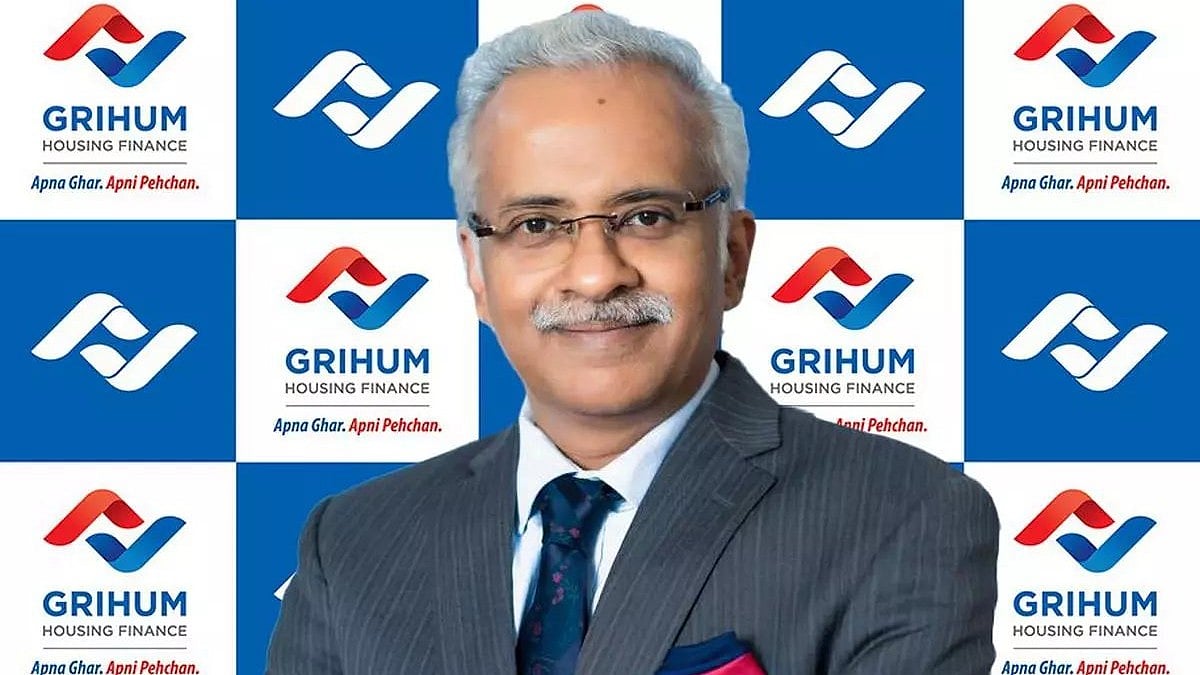By Manish Jaiswal
The Union Budget for 2025-26 marks a significant milestone in India’s long-term economic transformation. It doesn’t stand alone, but builds upon the past seven years of comprehensive reforms, creating a cascading effect for progressive change. This budget continues where the last one left off, setting the stage for a future defined by infrastructure, entrepreneurship, affordable housing, and financial reforms. It is designed to propel India towards 8% aspirational annual growth over the next decade, ensuring that this prosperity is inclusive and sustainable.
Infrastructure: The Backbone of Economic Integration
At the heart of this budget lies the acceleration of India’s infrastructure development. With over 8 lakh kilometers of roads already built, small towns and rural areas are now interconnected with urban centers, unleashing a wave of urbanization. This vast network of roads is not just about physical movement; it’s a catalyst for economic integration, fostering entrepreneurship and facilitating greater mobility of goods and people.
The government’s strategy goes beyond just roads. It includes the strategic expansion of metro systems and the PM Gati Shakti initiative, aimed at creating a seamless economic ecosystem. These projects are more than just infrastructure; they represent the foundation for a vibrant, connected, and efficient economy. Digital infrastructure, combined with Jan Dhan Yojana and Direct Benefit Transfer (DBT), ensures that economic benefits reach the last mile, while also fostering transparency and reducing leakage.
Affordable Housing: Building a Future for All
Affordable housing remains a cornerstone of India’s inclusive growth vision. The PMAY Urban 2.0 initiative, with its target of constructing 25 lakh homes annually over the next four years, is a bold step toward addressing the housing deficit. The government is not just building homes; it’s building pathways to financial stability for millions. With interest subsidies of up to ₹1.8 lakh per individual, homeownership is becoming a reality for many who previously struggled to access it.
Alongside this, the introduction of Residential Mortgage-Backed Securities (RMBS) will bring in long-term investments from pension funds and global capital markets. This innovation will help stabilize funding for affordable housing, making it a sustainable pillar of India’s economic growth.
Entrepreneurship and Financial Reforms: Empowering the Grassroots
The budget places significant emphasis on fostering entrepreneurship, particularly in rural and semi-urban areas. Credit guarantee schemes for MSMEs and self-started entrepreneurs will provide critical access to financing, enabling them to scale and create local jobs. Simplified tax structures will encourage businesses to thrive, driving job creation and furthering economic activity at the grassroots level.
Moreover, a ₹1 lakh crore incentive aimed at boosting disposable income for lower and middle-income groups will have a cascading effect on consumption, stimulating demand across sectors and fueling further growth.
Synergy of Digital and Physical Infrastructure: The Future Economy
India’s future will be shaped by the seamless fusion of digital and physical infrastructure. The National Geospatial Mission will enhance land management, while ongoing expansion of digital networks will ensure that every part of the country is connected to the global economy. This synergy between the physical and digital spheres is key to creating an economy that is resilient, adaptable, and competitive in a rapidly globalizing world.
Conclusion: A Unified Vision for Prosperity
The Union Budget 2025-26 offers a comprehensive blueprint for India’s future, where sustainable infrastructure, affordable housing, and entrepreneurship converge to create long-term, inclusive growth. The focus on connectivity—both physical and digital—ensures that all parts of India, from urban centers to remote villages, will participate in this transformation. This budget is not just a financial statement; it is a declaration of India’s readiness to lead the global economic future, built on the pillars of integration, inclusivity, and sustainable growth.
Mr Manish Jaiswal, Managing Director and Chief Executive Officer at Grihum Housing Finance Limited (formerly Poonawalla Housing Finance Limited)
